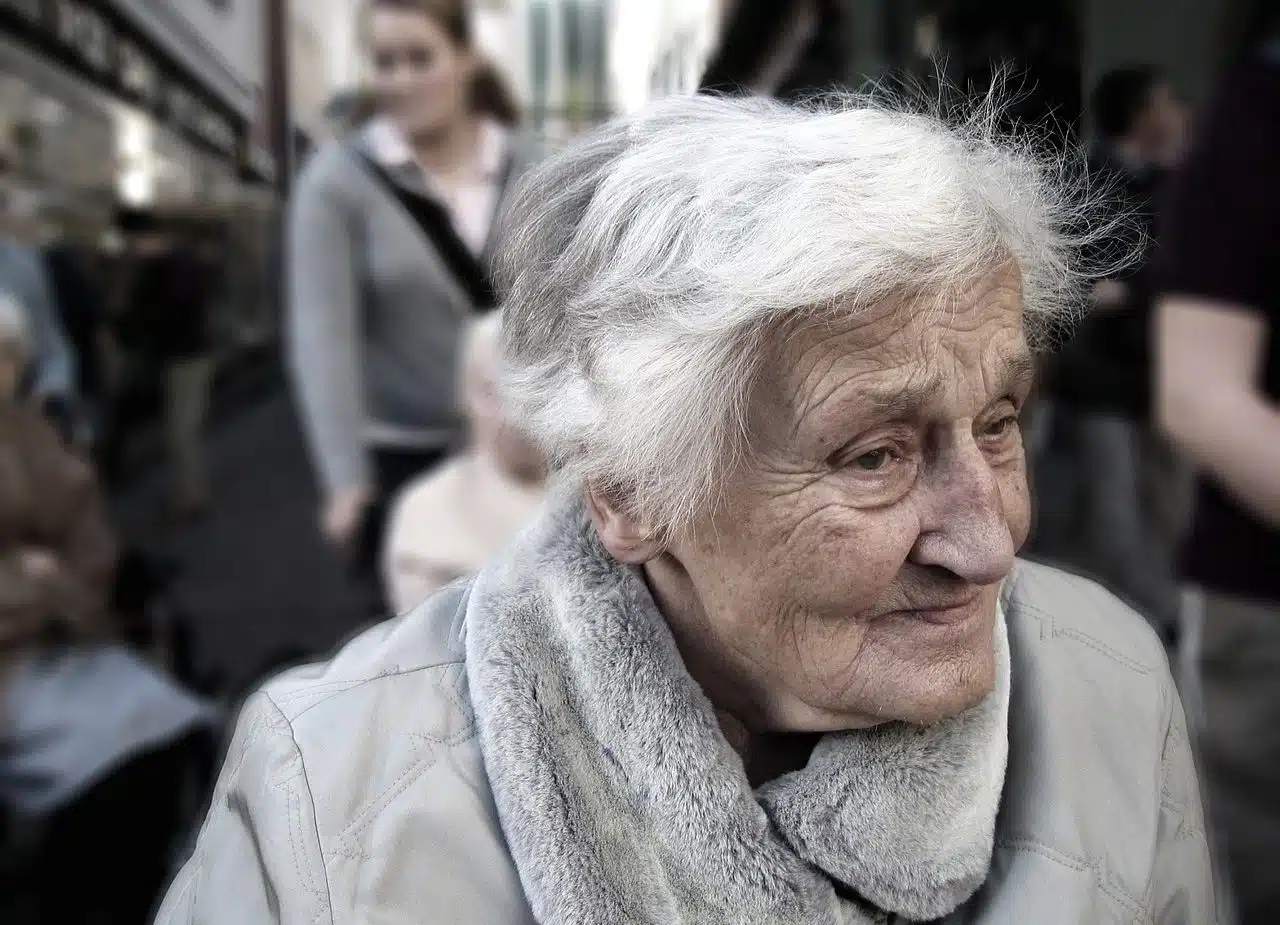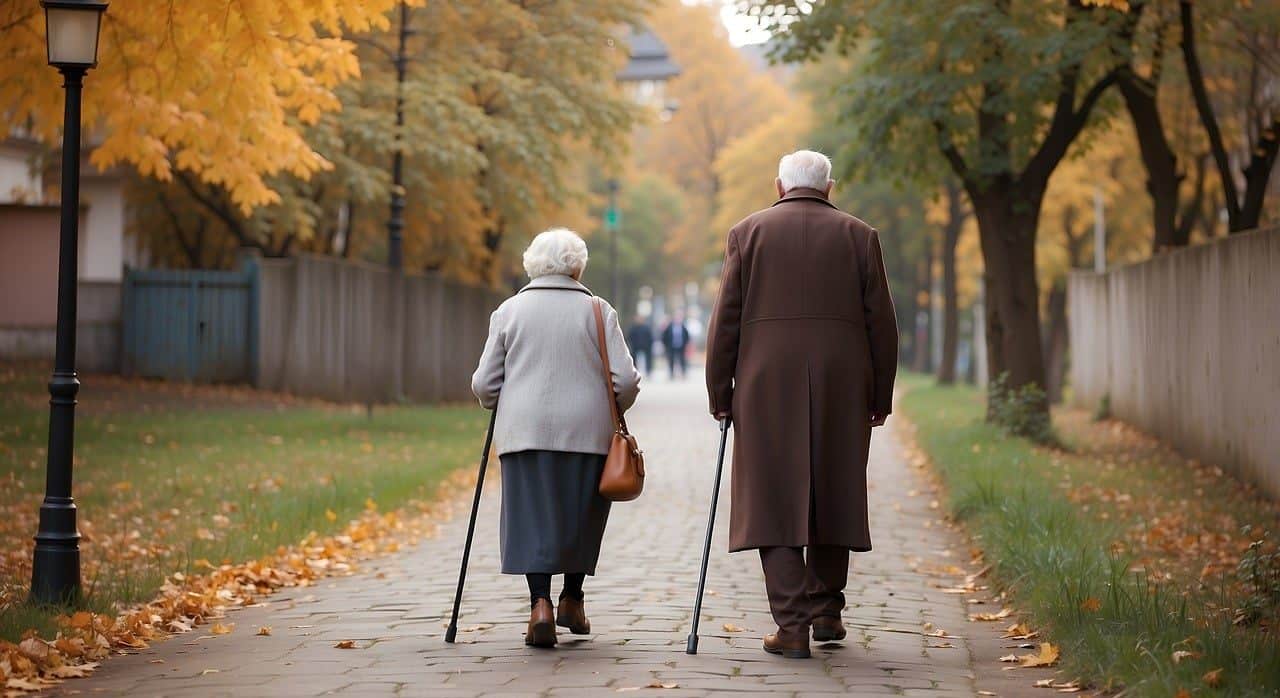
Senescence is linked to old age and old age.
Senescence is the stage that human beings experience after maturity . The notion, which comes from the Latin word senectus , refers to old age or old age .
However, it is important to point out certain differences that exist between the three terms, although they are not much more than nuances. Old age is usually understood as the period that begins at a certain age, which varies according to the characteristics of each era: for example, there are dictionaries that establish 70 years as the line that separates it from youth. Old age , for its part, comes after old age and is the last stage of our life. Neither of these two words denotes a pronounced deterioration in the organism, and that is the point at which they are distinguished from senescence.
For example: "My father is entering old age, so he will need to have me closer" , "I am already living old age, but you are young: take advantage of the time and enjoy it" , "Luckily Grandpa Pablo enjoys old age." full, without major health problems .
Characteristics of old age
It is often said that old age is the third age : the first age is childhood and the second age is adulthood . There are no exact biological parameters that determine when a person leaves one age and enters another, since vital development is a progressive and continuous process. Therefore, in certain contexts, the limits of each age are set socially.
In this way, it is often said that senescence begins at age 65 . At that age, people can already access their retirement and become, on an economic level, passive subjects: they stop producing and receive a pension (retirement) for the work they did in the past. This allows them to have free time, which they can take advantage of to a greater or lesser extent depending on their state of health .

In old age, biological deterioration is recorded.
The biological deterioration
The thing is that senescence, for biological reasons, leads to a deterioration of the organism. Problems such as osteoporosis , osteoarthritis and Alzheimer's disease are linked to people's advanced age and, therefore, to the stage of senescence.
Many times, an elderly person's discomfort worsens due to the perception that the environment has of their supposed deterioration; For example, when a young individual shows difficulty remembering something, it is normal that no one worries, while if the same thing happens to someone of advanced age , their loved ones may be alarmed by a potential sign of senility.
In this regard, it should be noted that there is numerous research that demonstrates a very slight connection between memory loss and senescence , much lighter than people believe. On the other hand, there is a deterioration in the speed with which elderly people process concepts and this explains why they take longer and longer to react to the events that surround them. If old age is normal, without serious health complications, it should not be so different from youth, in that all elderly people should have enough autonomy to live alone.
Senescence and adaptation to changes
One of the most common problems of old age is the difficulty in adapting to new situations and inevitable changes . For example, it is normal for people who have begun to experience a deterioration in their body to be reluctant to new technologies, currency exchanges or the way young people speak.
This resistance and apparently self-centered attitude are nothing more than attempts to reaffirm his personality, to cling with all his might to life.
